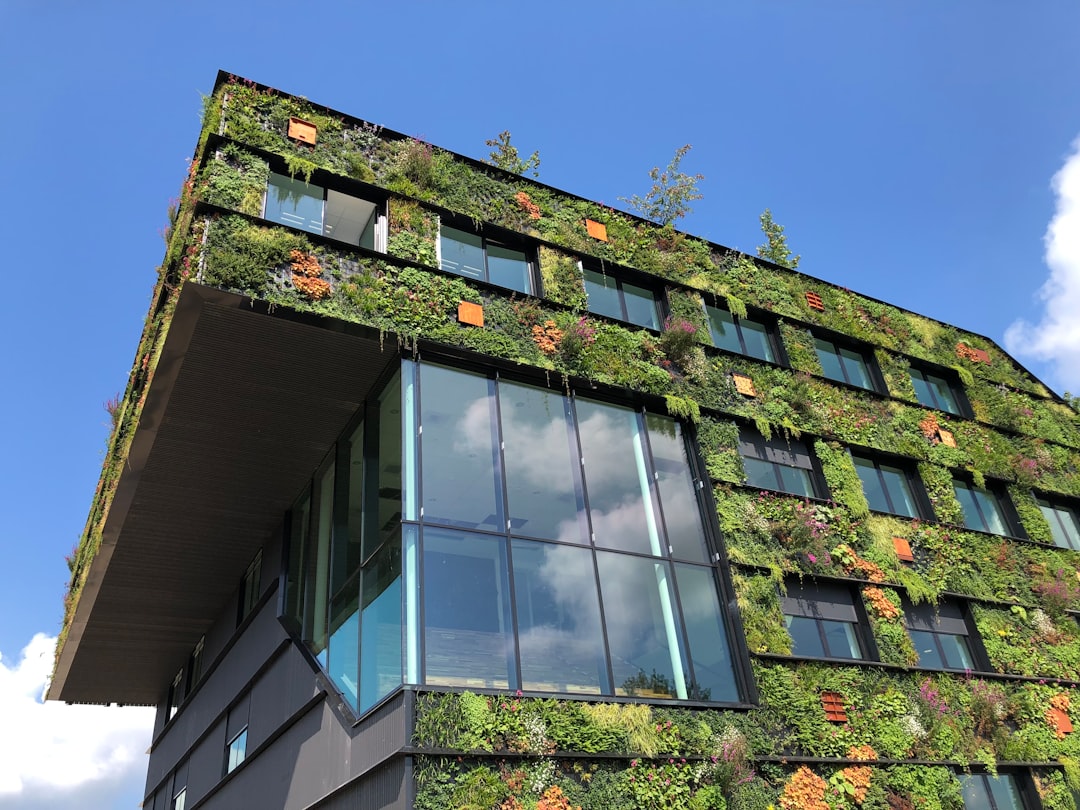As we navigate through the 21st century, sustainable business practices have shifted from being good to have to mission-critical. In today's business landscape, entrepreneurs must embrace a Zen mindset that merges the pursuit of profits with planetary health. The Zen entrepreneur recognizes the interconnectedness of all things and understands that his business must work in harmony with the environment.
Ray Dalio, successful American billionaire, hedge fund manager, and founder of Bridgewater Associates, once said, "Meditation more than anything in my life was the biggest ingredient of whatever success I've had." The implementation of Zen principles can bring a transformative change to the way businesses operate and, as Dalio suggests, maybe the missing piece to your success.
A great contextual example is Patagonia, an outdoor clothing company, which has perfectly embodied Zen entrepreneurship. They have adopted sustainable practices as a core business value, donating 1% of all sales to environmental research and preservation. These values have resonated with their customer base, resulting in increased loyalty and revenues.
Patagonia's strategies present a successful case study for implementing sustainability into a company's DNA. The brand has gained worldwide recognition for its commitment to natural preservation and its overall ethos demonstrates the effectiveness of merging business with sustainability.
However, not all business entities have the ability to donate money or resources. For those on a tighter operating budget, adopting a sustainability mindset can start with small changes. This could range from adopting more energy-efficient processes and recycling waste materials, to reducing unnecessary travel to lower carbon emissions.
Let's consider the Triple Bottom Line (TBL) methodological model, first coined by John Elkington in 1994. The TBL model measures a company’s degree of social responsibility, its economic value, and its environmental impact. In essence, it measures profit, people, and the planet. This model is practical and easily applied to any business, regardless of nature or scale. It helps entrepreneurs align their operational activities with their sustainable goals.
The benefits are multi-faceted; not only will your business contribute meaningfully to society and the planet, but consumers are becoming increasingly conscious about the businesses they support. Studies show that around 66% of consumers are willing to spend more on a product if it comes from a sustainable company, which in turn creates a potential for increased revenues.
As Zen master Thich Nhat Hanh said, "The present moment is filled with joy and happiness. If you are attentive, you will see it." For businesses, this means seeing the potential for change and growth in our current era and taking joy in shifting towards sustainable practices.
To adopt the principles of a Zen entrepreneur in the context of sustainability, try beginning each day with mindfulness meditation. This state of mindfulness will fuel you with clarity, focus, calmness, and creativity for the tasks ahead. Secondly, routinely assess the impact your business is having on the environment and on society at large, and see how these can be reduced or improved.

Photo by Medienstürmer / Unsplash
In this era, business entrepreneurs must wear multiple hats - the traditional profit-driven capitalist and the Zen master who understands the need for harmonious coexistence with the environment. Indeed, for a Zen Entrepreneur, sustainability isn't just a trend. Instead, it's a guiding principle - a path to success, fulfilment, and a healthier planet. By integrating these principles, we can drive innovation, build sustainable economies, and contribute to the betterment of our world.


